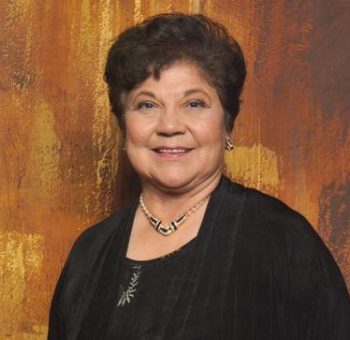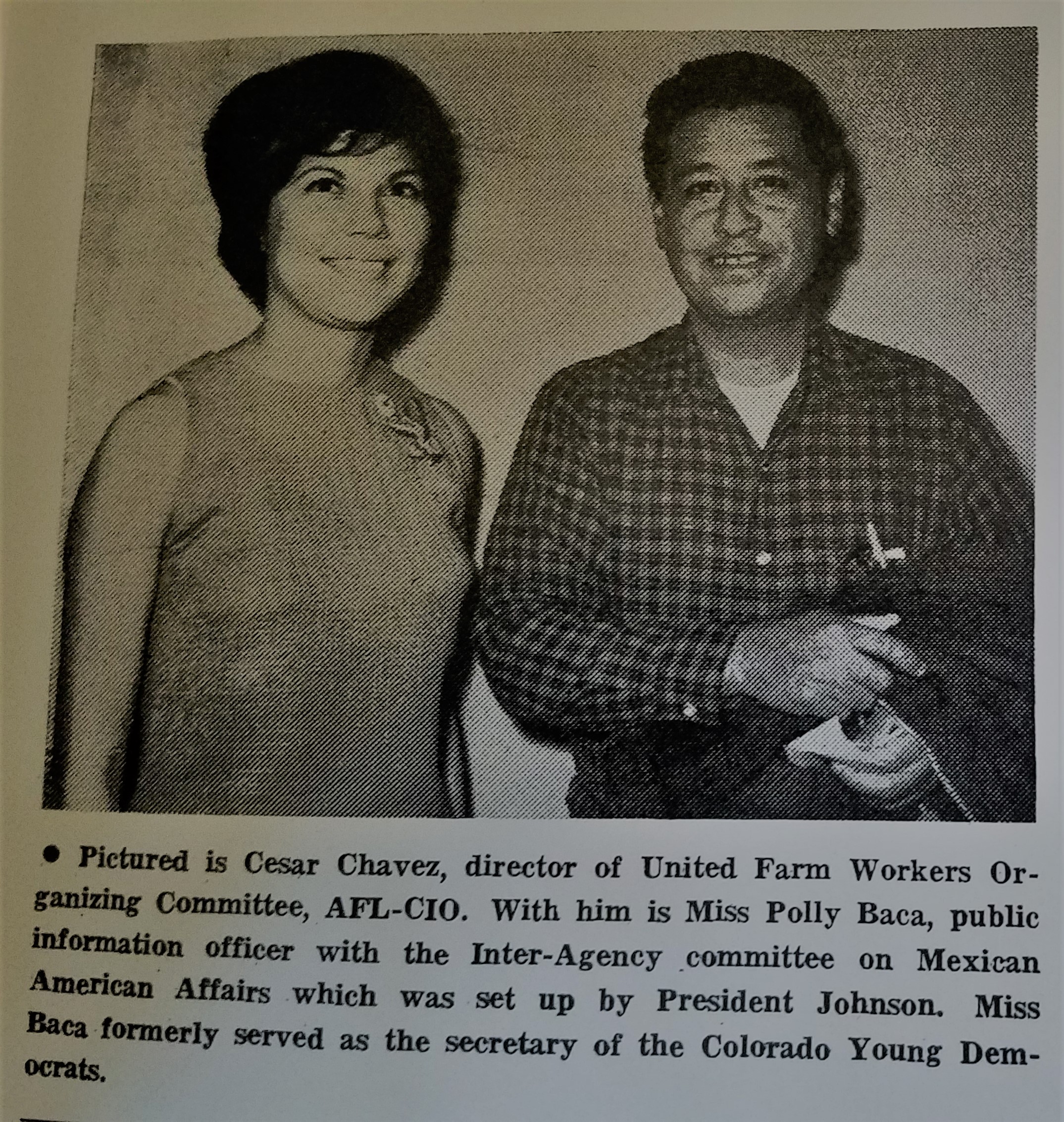AARP Hearing Center

In 1967, I was working in Washington, D.C. as the public information officer for the White House InterAgency Committee on Mexican American Affairs. While home in Thornton, Colo., a friend invited me to a luncheon for a young Mexican American who was organizing farmworkers.
In 1965, Cesar Chavez and his National Farmworkers Association had joined a strike by the Agricultural Workers Organizing Committee led by Larry Itliong. Since then, Cesar had been traveling around the country to gain support for farmworkers.
When Cesar addressed the Denver union leaders, his message pierced my heart. I remembered my father talking about the challenges he faced when he was a farmworker; the deplorable housing conditions and poverty wages with no benefits.

After the luncheon, I introduced myself to Cesar and told him about my father. He was interested in my work at the White House and the labor movement. He mentioned that he needed support for the strike in D.C. I offered to help. I returned to D.C. and helped organize the D.C. Huelga Committee. I housed union members in my apartment and helped organize the boycott of grapes and lettuce.
In 1968, I had the opportunity to work directly with Cesar when I was the national deputy director of the Viva Robert Kennedy for President campaign. Cesar and Bert Corona were the co-chairs of the California Viva Kennedy campaign. I was sent to California to produce a four-page newspaper for the campaign and to staff Cesar and Bert as they organized Mexican Americans in East Los Angeles. I was housed with the Kennedy staff at the Ambassador Hotel and Cesar’s wife Helen roomed with me during the last part of the campaign. Every morning, rural and urban Mexican Americans gathered at our campaign headquarters to hear Cesar give a rousing challenge to go door-to-door, delivering Kennedy campaign literature and ensuring everyone was registered to vote.
One of my favorite memories was on election day. My colleague and I were walking precincts in East LA when we ran into Cesar. He was walking precincts, too.
Excitedly, I told Cesar that we had gotten every single Democrat in our precinct out to vote except for five. He smiled and said," You should talk to these two young boys." The two high school students, walking with Cesar, had gotten every single registered Democrat in their precinct out to vote. That night we learned that there were five precincts in East LA where every single registered Democrat voted, and every single one voted for Bobby Kennedy. That was the margin of victory and Senator Kennedy knew that.

At the victory party that night, I received a message that Senator Kennedy was looking for Cesar. He didn’t want to come down to the victory party until Cesar was with him. He knew that Mexican Americans were responsible for his victory in California and he wanted to acknowledge that. Unfortunately, Cesar had already left the party.
It was that night that Bobby Kennedy was shot, as were five people who were with the senator. Perhaps, it was fortunate that at least Cesar was not there that night.
Cesar has been an inspiration to me and so many others, and I'm glad I had the honor of working with him. He was a great leader.
_Polly Baca is an AARP Colorado volunteer, active with AARP El Comite































































